Sleep plays a crucial role in maintaining physical and mental health, improving productivity, and enhancing the quality of life. The connection between exercise and sleep quality is undeniable. Scientific research has consistently demonstrated the positive impact of physical activity on sleep. Incorporating exercise into your daily routine can lead to better sleep and, ultimately, a healthier, happier life.
The Science Behind Exercise and Sleep Quality
Understanding the sleep cycle is fundamental to comprehending the relationship between exercise and sleep quality. Sleep is divided into two main categories: rapid eye movement (REM) sleep and non-rapid eye movement (NREM) sleep. NREM sleep consists of three stages: N1 (light sleep), N2 (deeper sleep), and N3 (deep sleep). The sleep cycle typically progresses through these stages and then enters REM sleep, which is when dreaming occurs.
The sleep cycle repeats itself several times throughout the night, and each stage plays a crucial role in overall sleep quality. It is important to achieve a balance of both REM and NREM sleep for optimal rest and recovery.
A study published in the Journal of Clinical Sleep Medicine examined the effects of exercise on sleep quality. The research found that individuals who engaged in regular physical activity experienced improvements in sleep duration, sleep efficiency, and sleep onset latency (the time it takes to fall asleep).
Moreover, the study revealed that exercise helps decrease the occurrence of sleep disturbances, such as waking up during the night. This contributes to more restful and restorative sleep.
How Exactly Does Exercise Improve Sleep?

- Exercise Reduces Stress and Anxiety
Exercise plays a critical role in enhancing sleep quality through various mechanisms. One of the most influential ways exercise improves sleep is by reducing stress and anxiety, which are common factors that impact sleep quality.
Research has consistently shown that exercise leads to alterations in the body's hormonal responses to stress. Physical activity stimulates the release of endorphins, which act as natural mood enhancers and help combat stress.
Studies have suggested that engaging in moderate to vigorous physical activity for at least 150 minutes per week can significantly improve sleep patterns and reduce symptoms of anxiety and depression.
- Exercise Improves Sleep Duration
Exercise can significantly improve sleep quality by increasing sleep duration and efficiency. Sleep duration refers to the total time spent asleep, while sleep efficiency measures the percentage of time spent asleep relative to the total time spent in bed. Engaging in regular physical activity helps the body fall asleep faster and maintain a deeper sleep, resulting in increased sleep efficiency.
A meta-analysis conducted by Kredlow et al. (2015) examined 66 studies and found a significant positive association between exercise and sleep duration. The analysis revealed that individuals who engaged in regular exercise, especially moderate to vigorous intensity aerobic exercise, experienced longer sleep durations compared to sedentary individuals. This effect was observed across various age groups and populations, indicating the universality of the relationship.
Furthermore, a study published in the Journal of Sleep Research by Loprinzi et al. (2015) investigated the impact of different exercise modalities on sleep duration in adults. The research involved analyzing data from the National Health and Nutrition Examination Survey (NHANES). The study found that individuals who met the recommended levels of moderate to vigorous physical activity had a higher likelihood of obtaining sufficient sleep (7-9 hours per night) compared to those who did not meet the exercise guidelines.
- Exercise Reduces Sleep Latency and Improves Sleep Continuity
One of the key benefits of exercise is its ability to reduce sleep latency. Sleep latency is the time it takes to transition from wakefulness to sleep. By engaging in regular physical activity, the body becomes more efficient at falling asleep, reducing the time spent lying awake in bed. Research published in the journal Sleep Medicine Reviews (Youngstedt et al., 2015) conducted a meta-analysis of 23 studies examining the relationship between exercise and sleep. The analysis revealed that engaging in regular physical activity was associated with reduced sleep latency. Participants who participated in moderate to vigorous exercise experienced faster sleep onset compared to sedentary individuals. The mechanism behind this improvement is attributed to exercise's ability to regulate the body's internal clock, promoting a more synchronized sleep-wake cycle.
Furthermore, exercise has been shown to improve sleep continuity, which refers to the ability to maintain sleep throughout the night without interruptions. A study published in the journal Sleep (Reid et al., 2010) investigated the impact of exercise on sleep continuity in older adults. The research showed that participants who engaged in aerobic exercise for four months experienced fewer nighttime awakenings and disruptions during sleep compared to a non-exercise control group. Regular physical activity was associated with improved sleep continuity, leading to more consolidated and uninterrupted sleep throughout the night.
- Exercise Helps Regulate Sleep-Wake Cycles
Exercise plays an essential role in regulating sleep-wake cycles by influencing the body's internal clock, or circadian rhythm. The circadian rhythm is responsible for controlling various physiological processes, including the sleep-wake cycle, throughout a 24-hour period. A study published in the journal Sleep Medicine Reviews (Youngstedt et al., 2019) discussed the effects of exercise on circadian rhythm regulation. The research emphasized that regular physical activity, especially when combined with exposure to natural light, helps reinforce the body's internal clock. Morning or early afternoon exercise sessions provide essential cues to the circadian system, promoting wakefulness and alertness during the day, while supporting sleepiness at night.
Regular physical activity can help synchronize the circadian rhythm by exposing the body to natural light, particularly during morning or early afternoon exercise sessions. The circadian rhythm is closely linked to the body's response to natural light. A study published in the Journal of Clinical Sleep Medicine (Benedict et al., 2018) highlighted the importance of morning light exposure for synchronizing the circadian clock and improving sleep quality. Regular outdoor exercise during daylight hours increases the body's sensitivity to light cues, facilitating a more robust and consistent sleep-wake cycle This exposure to light helps signal the body to stay awake and alert during the day while promoting sleepiness at night.
Types of Exercise for Better Sleep

- Aerobic Exercises and Their Benefits for Sleep
Aerobic exercises, also known as cardiovascular exercises, involve continuous movement that increases heart rate and breathing. Examples of aerobic exercises include walking, jogging, swimming, and cycling. These activities have been shown to improve sleep quality by promoting relaxation and reducing stress levels.
Studies have demonstrated that regular aerobic exercise can lead to longer sleep duration and higher sleep efficiency. Additionally, aerobic activities can help regulate the body's circadian rhythm, further enhancing sleep quality.
- Resistance Training and Its Impact on Sleep Quality
Resistance training, or strength training, involves working against resistance to build muscle strength and endurance. Examples of resistance training exercises include weightlifting, bodyweight exercises, and resistance band workouts. Regular resistance training has been found to positively impact sleep quality by improving sleep efficiency and reducing sleep onset latency.
Furthermore, resistance training can help regulate the body's circadian rhythm and promote relaxation, leading to more restorative sleep. It is important to incorporate a mix of aerobic and resistance training exercises for optimal sleep benefits.
- The Benefits of Yoga and Relaxation Exercises for Sleep
Yoga and relaxation exercises, such as gentle stretching and deep breathing, can also be highly beneficial for sleep. These activities promote a sense of calm and relaxation, helping to reduce stress and anxiety levels that may interfere with sleep quality.
Practicing yoga and relaxation exercises before bedtime can help ease the transition from wakefulness to sleep, improving sleep onset latency and sleep efficiency. Incorporating these activities into your daily routine can contribute to better overall sleep quality and support overall well-being.
Best Time of Day to Exercise for Optimal Sleep Benefits

The ideal time to exercise for optimal sleep benefits may vary for each individual. However, in general, exercising during the morning or early afternoon can help regulate the body's circadian rhythm and promote better sleep quality. Exposure to natural light during these times can signal the body to stay awake and alert during the day, while promoting sleepiness at night.
It is essential to avoid vigorous exercise too close to bedtime, as it can increase heart rate and body temperature, making it more challenging to fall asleep. Aim to complete intense workouts at least 2-3 hours before bedtime to ensure a smooth transition to sleep.
From Sweat to Sweet Dreams
Regular exercise offers numerous benefits for sleep quality, including improved sleep duration, efficiency, and continuity. By incorporating a consistent exercise routine into your daily life, you can effectively regulate your sleep-wake cycle, reduce stress, and enjoy more restorative sleep.
It’s important to make exercise a priority in your daily routine for better sleep and overall well-being. Remember, sleep plays a critical role in maintaining your health and happiness, and Empower Sleep is here to support you in your journey toward better sleep care. To discuss treatment options and symptoms with one of our Empower Sleep doctors, please schedule a private consultation.
References
- "Exercise and sleep quality: A meta-analysis." Journal of Clinical Sleep Medicine. (Link: https://pubmed.ncbi.nlm.nih.gov/27397664/)
- "Effects of exercise on sleep." Sleep Medicine Reviews. (Link: https://pubmed.ncbi.nlm.nih.gov/25433377/)
- "Exercise, sleep, and mood." Journal of Sleep Research. (Link: https://pubmed.ncbi.nlm.nih.gov/26475487/)
- "Exercise as a treatment for insomnia: A systematic review." Sleep Medicine Reviews. (Link: https://pubmed.ncbi.nlm.nih.gov/25998032/)
- "Impact of physical activity on sleep and fatigue." Sleep Medicine Clinics. (Link: https://pubmed.ncbi.nlm.nih.gov/28886909/)
- "Exercise and sleep in aging: Emphasizing the role of physical activity." Sleep Medicine Clinics. (Link: https://pubmed.ncbi.nlm.nih.gov/26094441/)
- "Effects of resistance exercise on sleep parameters in middle-aged men." Journal of Sports Sciences. (Link: https://pubmed.ncbi.nlm.nih.gov/22916918/)
- "Exercise, sleep, and the menopausal transition: Relevance to women's health." Journal of Women's Health. (Link: https://pubmed.ncbi.nlm.nih.gov/31513482/)
- "The effect of exercise training on obstructive sleep apnea and sleep quality: A randomized controlled trial." Sleep. (Link: https://pubmed.ncbi.nlm.nih.gov/25142504/)
- "Interrelationship between Sleep and Exercise: A Systematic Review" Journal of Sports Sciences. (Link: https://www.ncbi.nlm.nih.gov/pmc/articles/PMC5385214/)



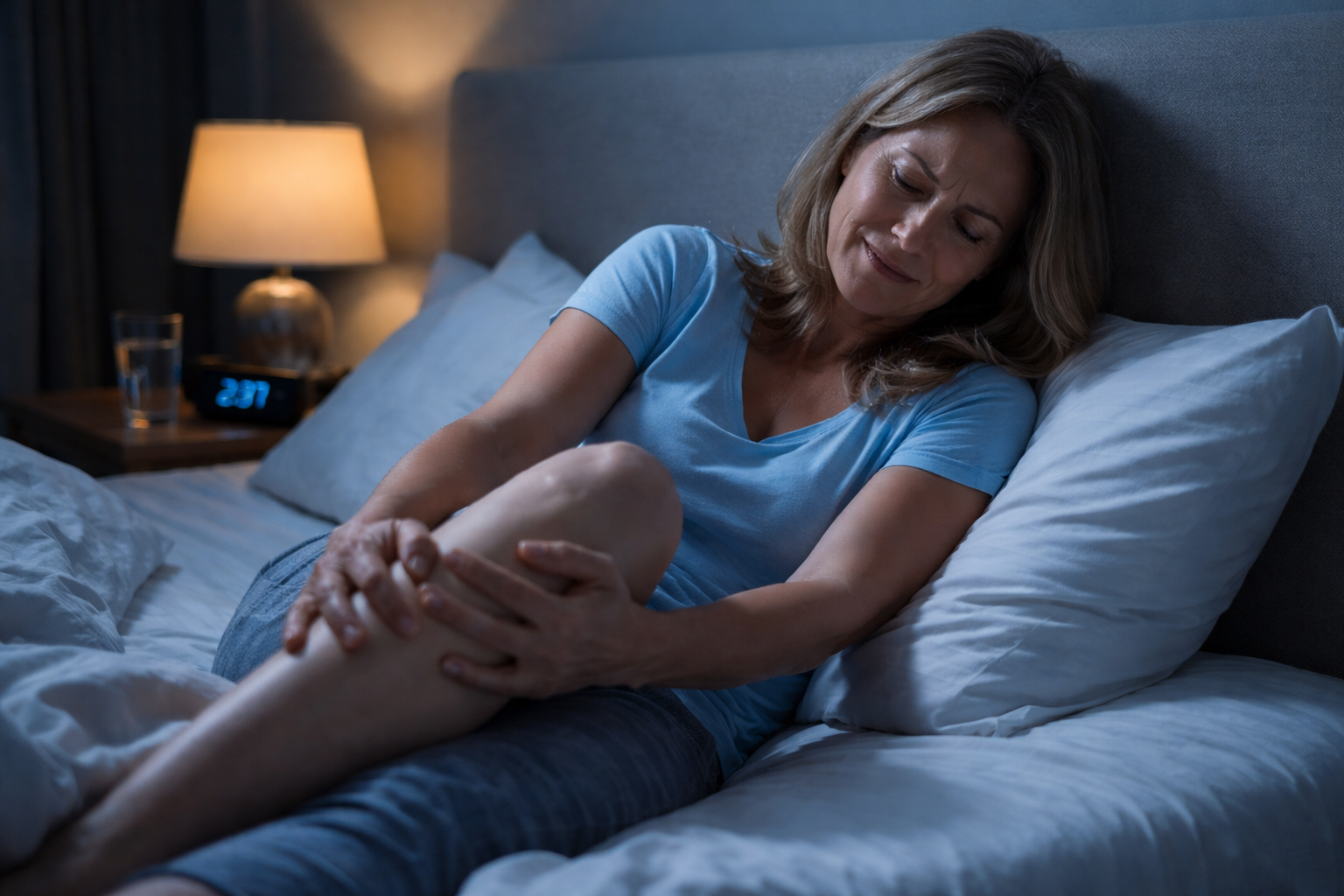
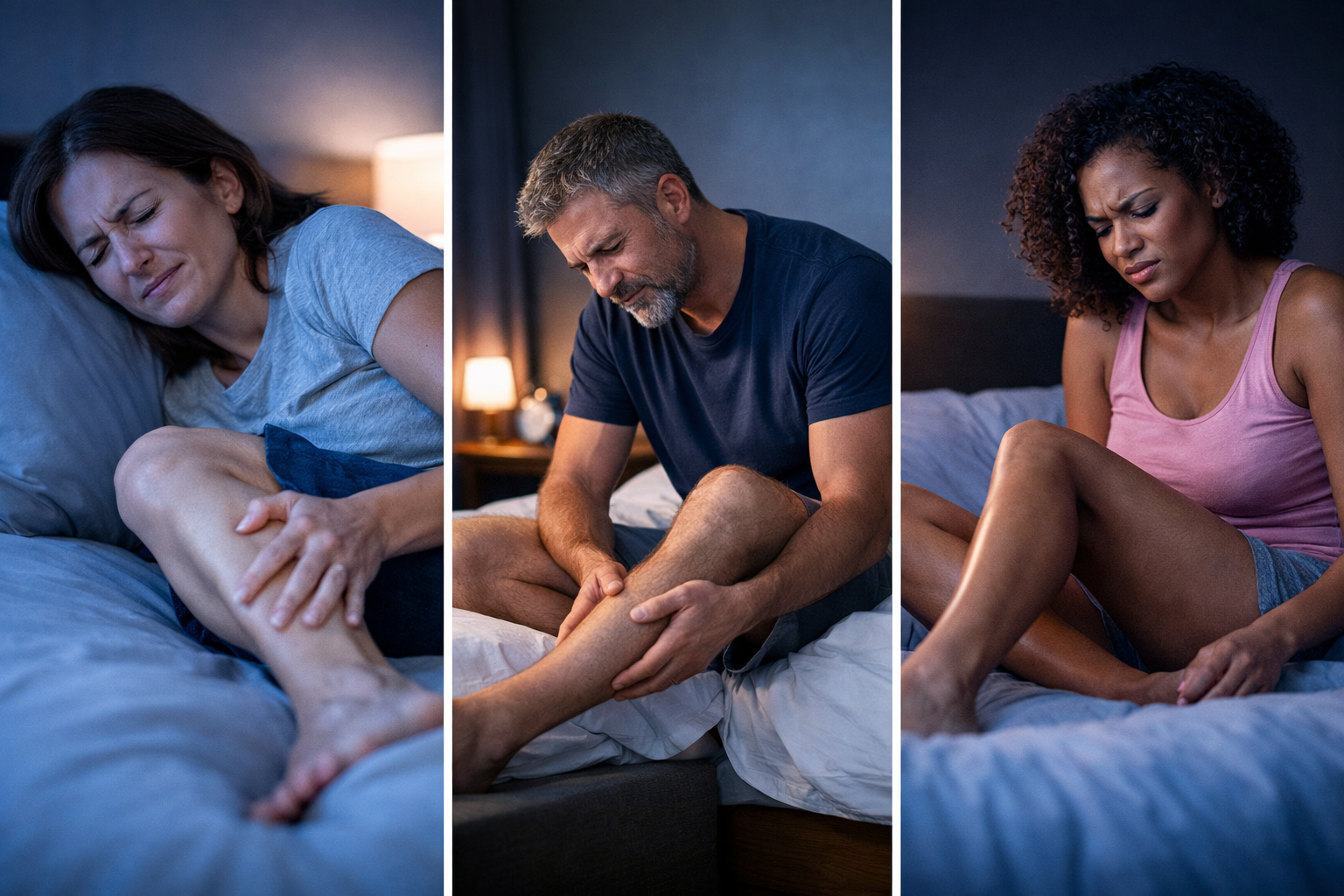



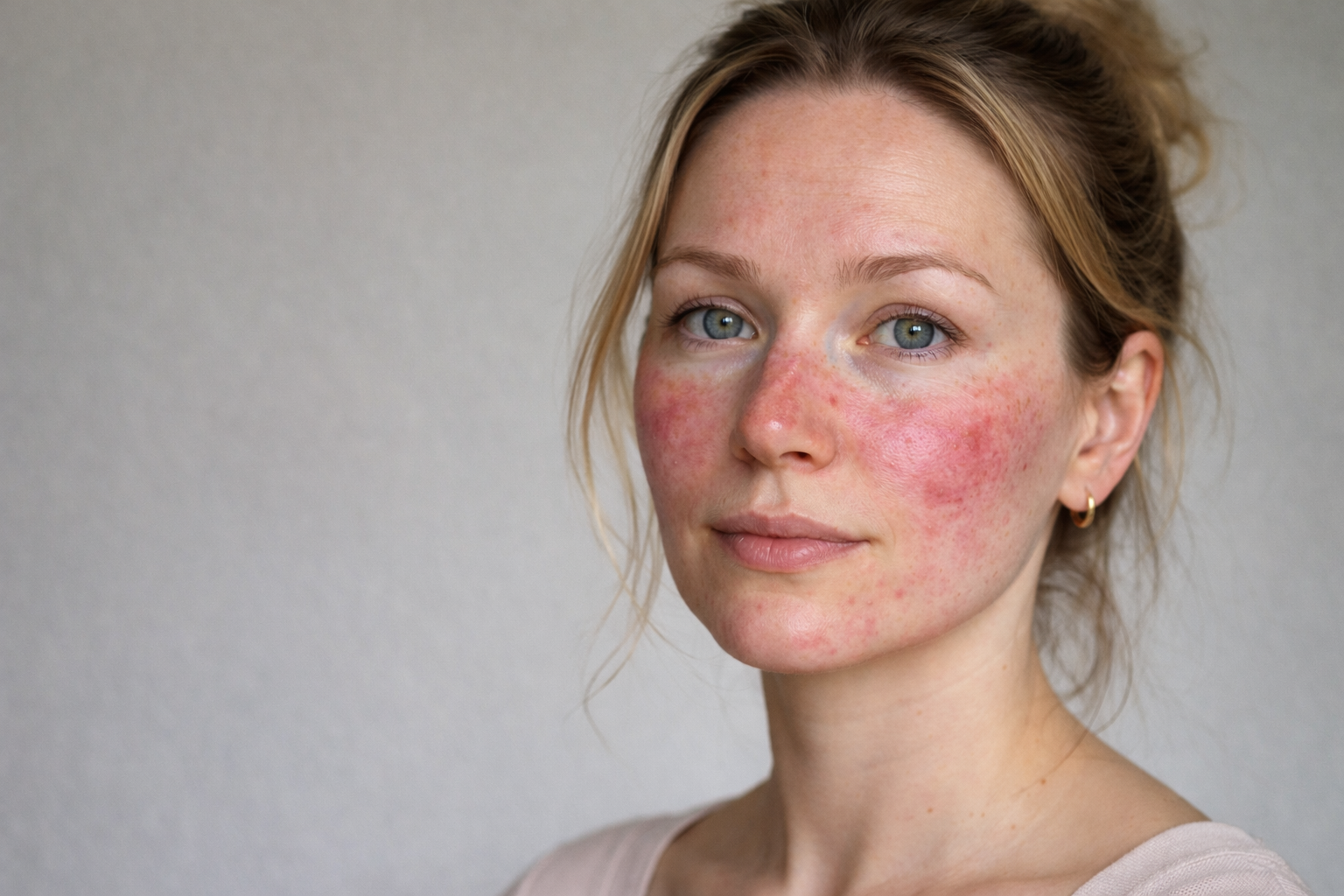

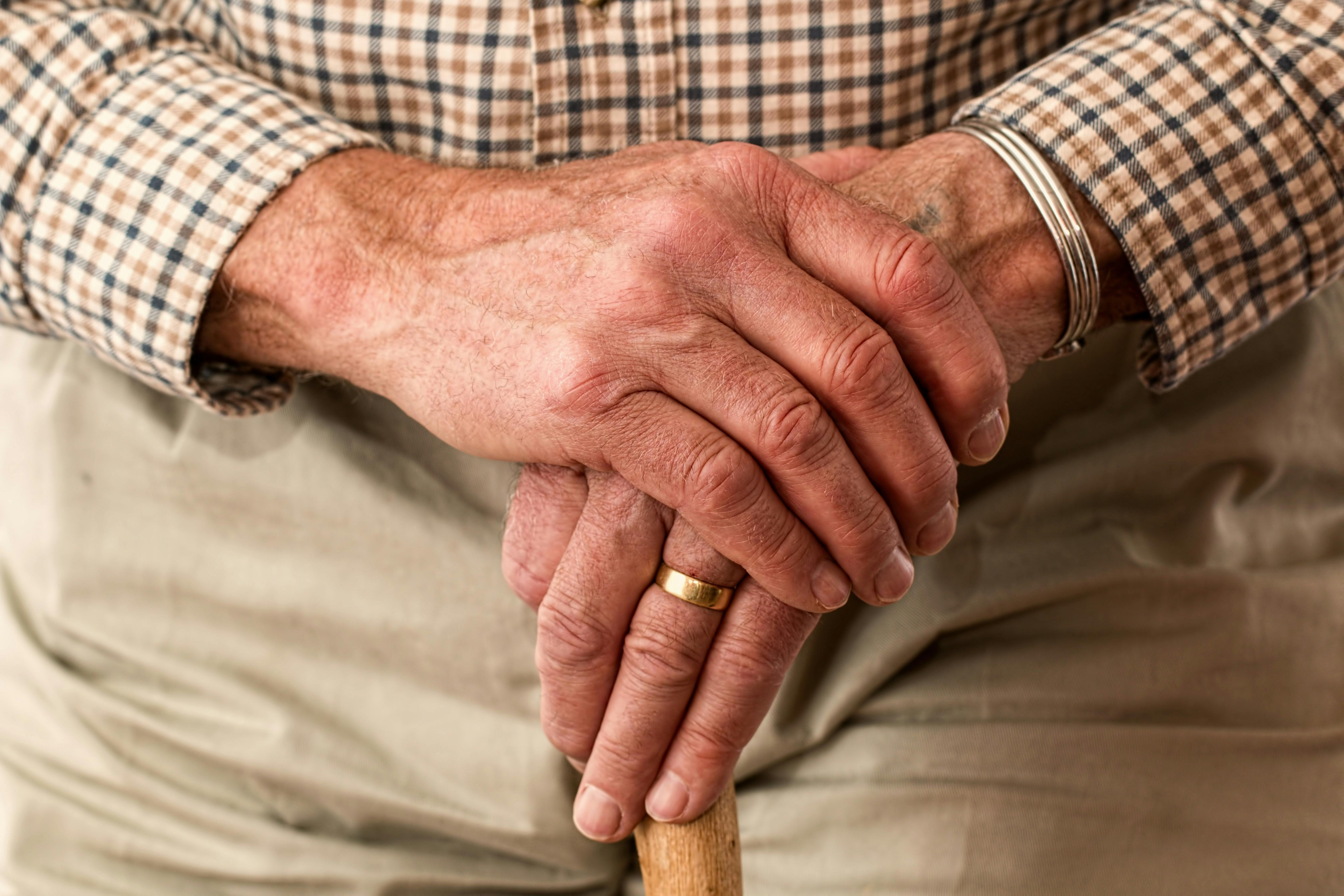
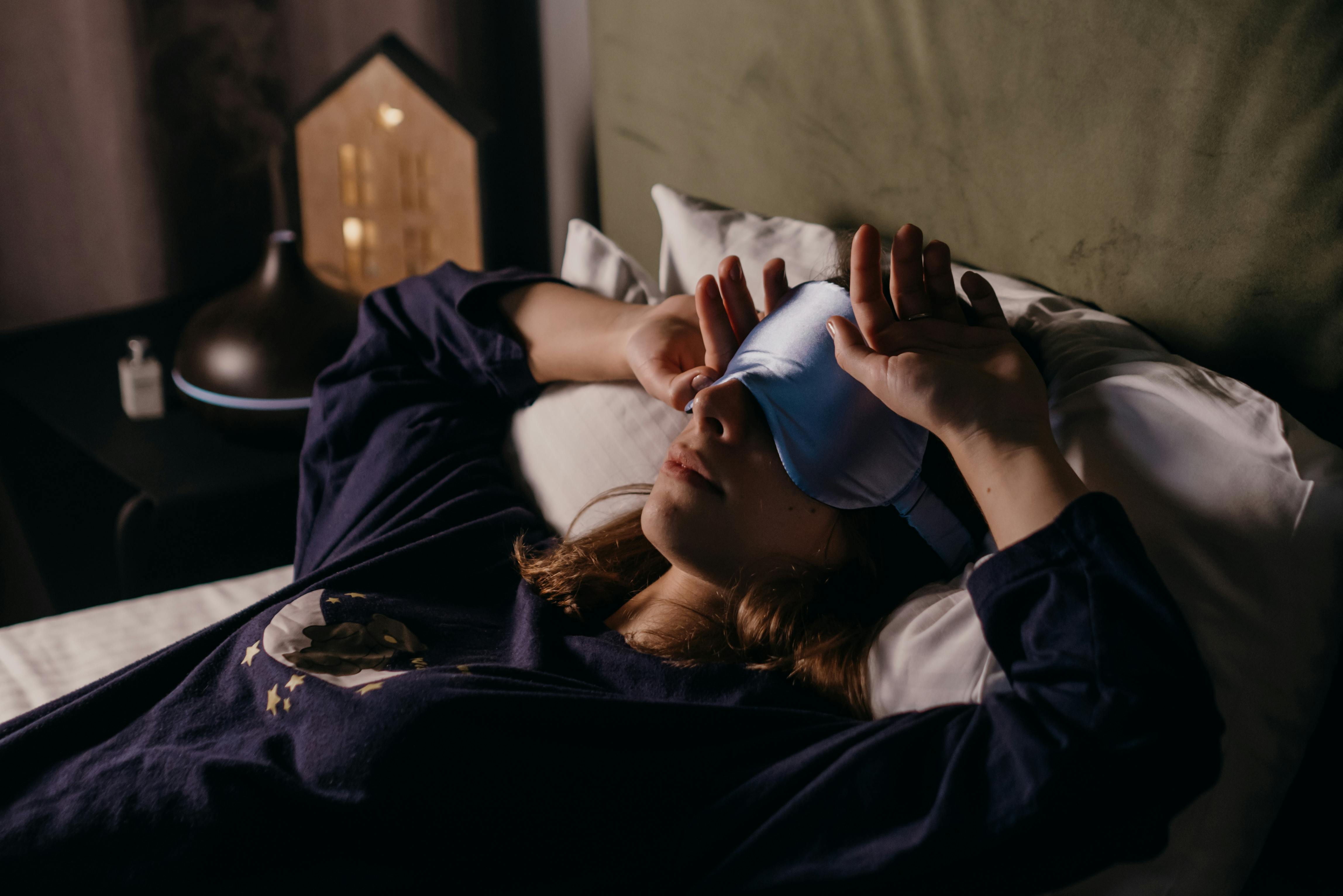

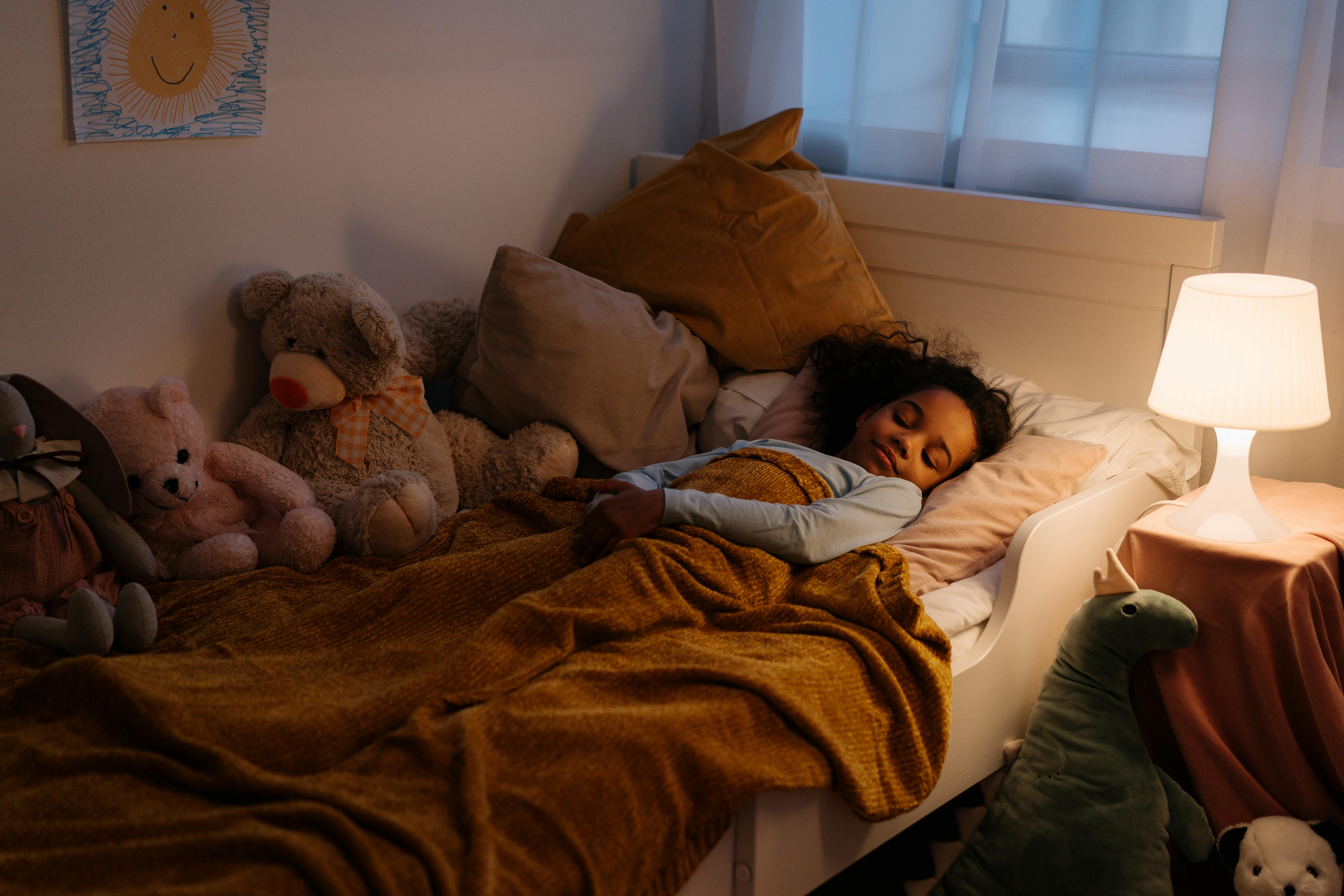


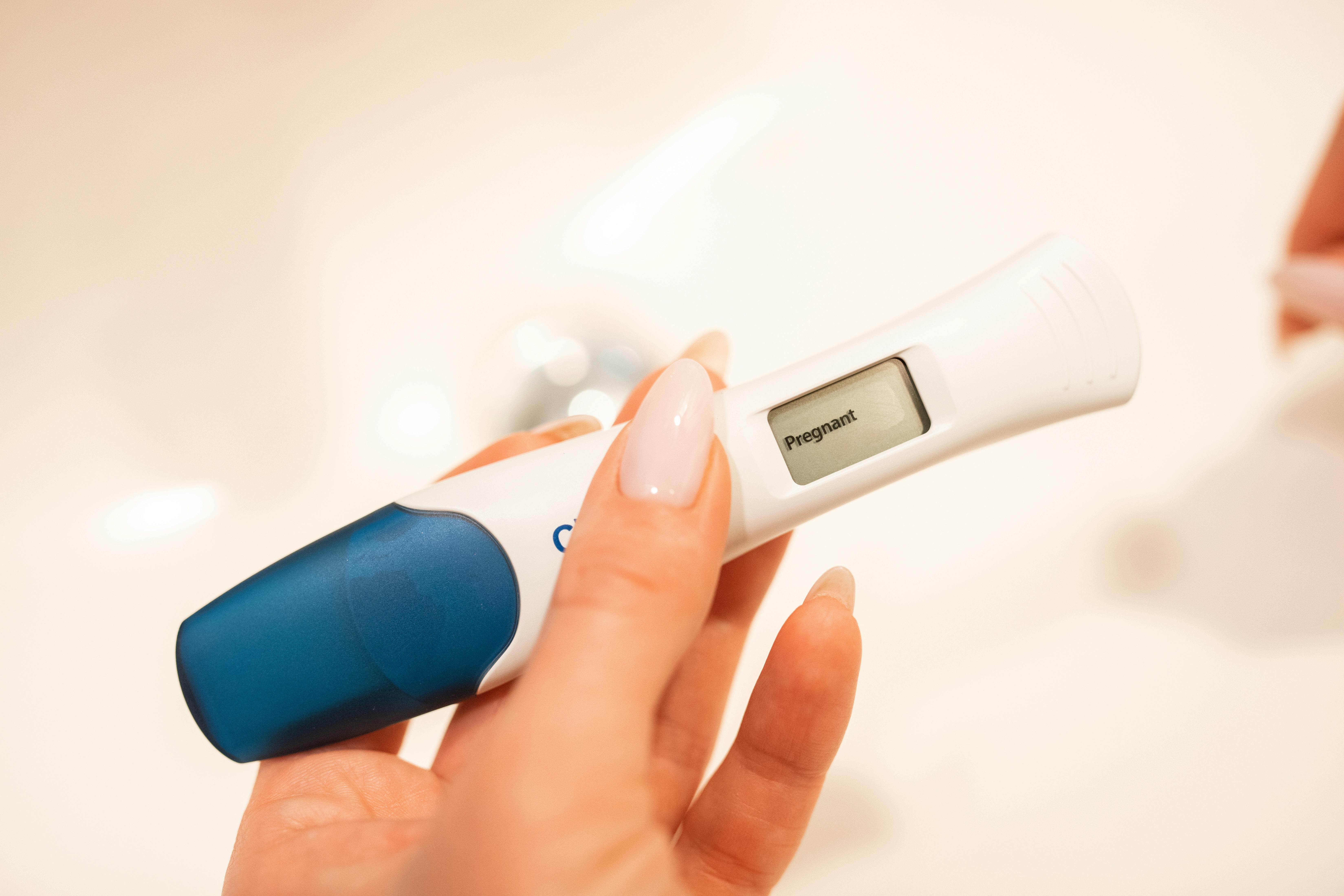





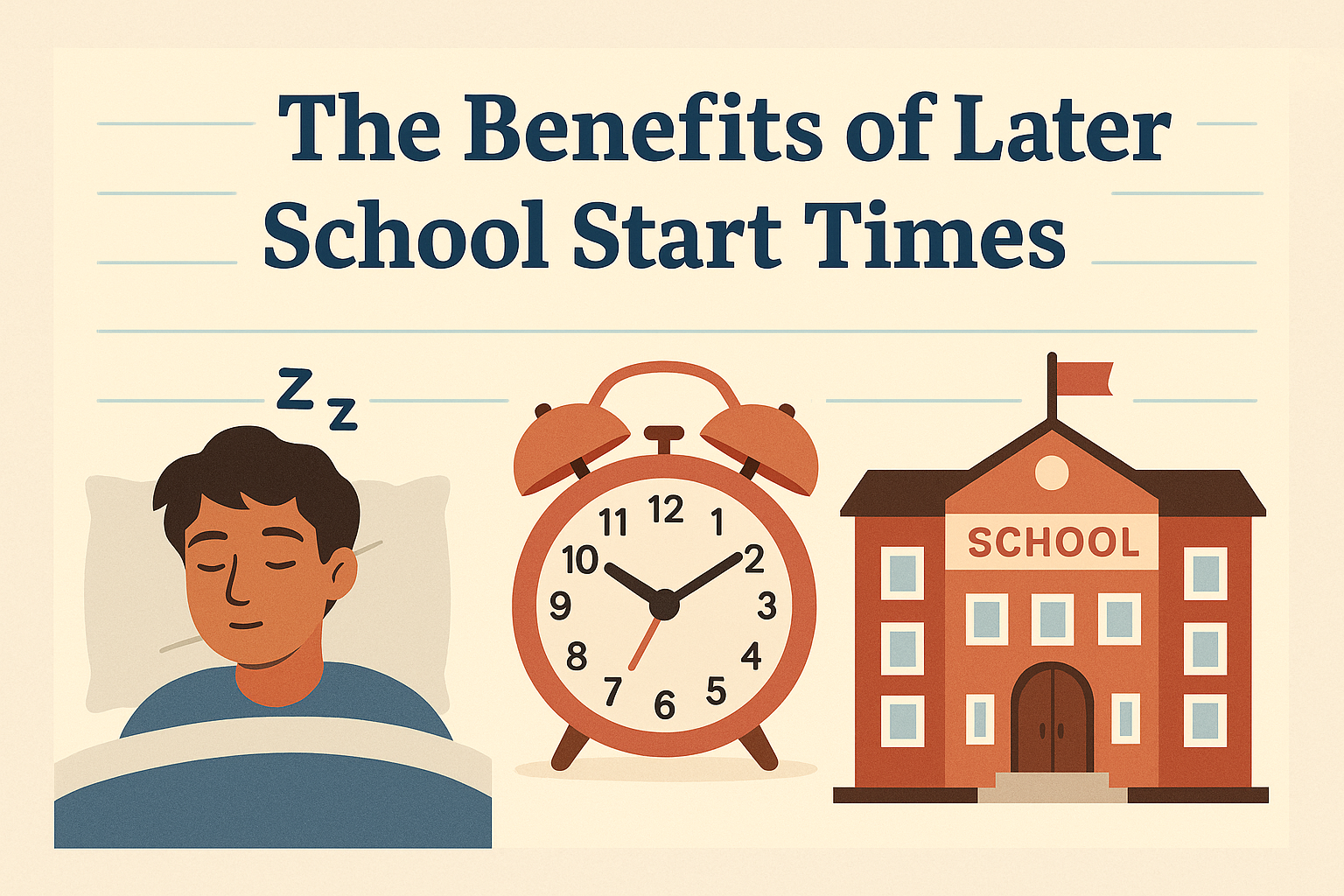

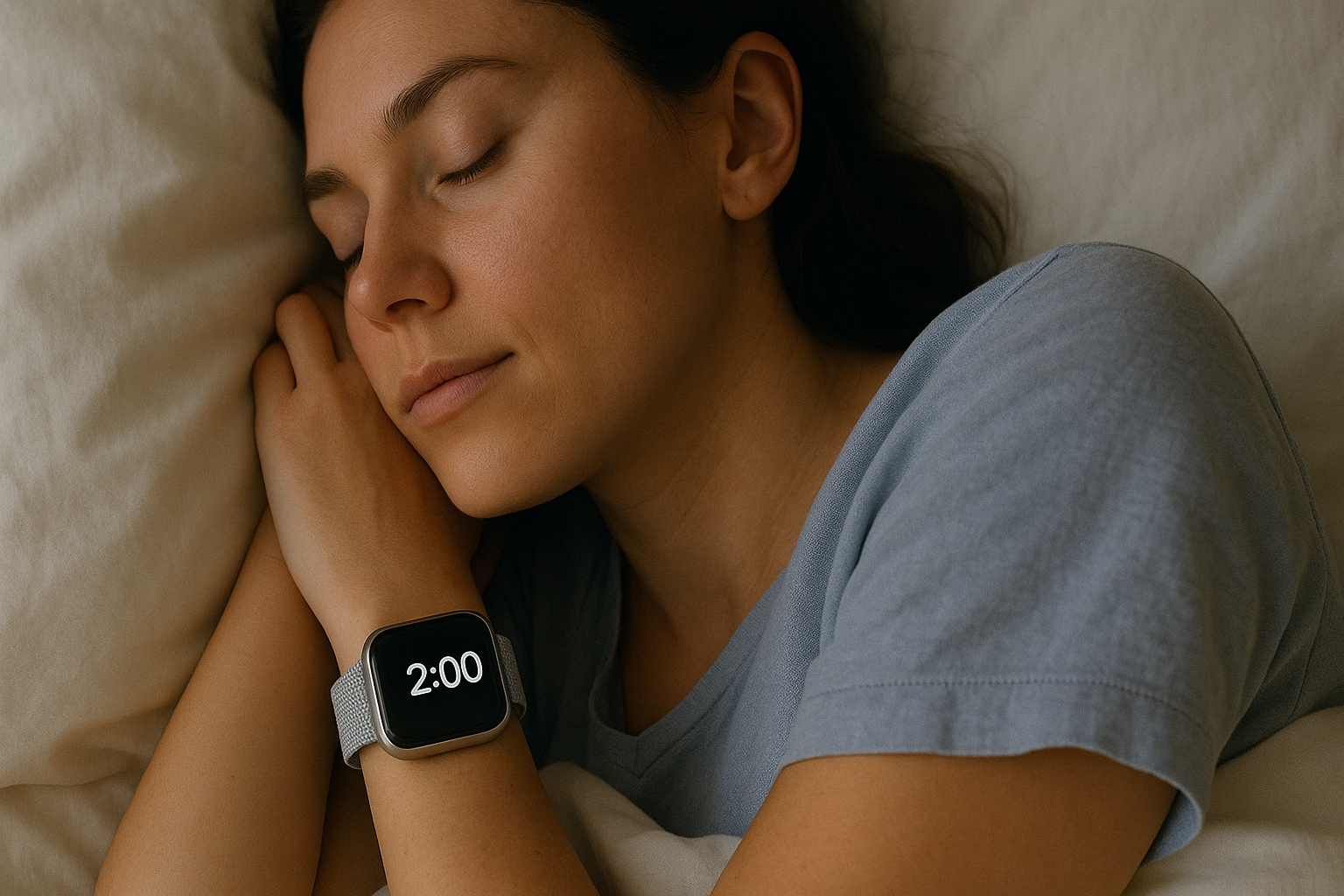


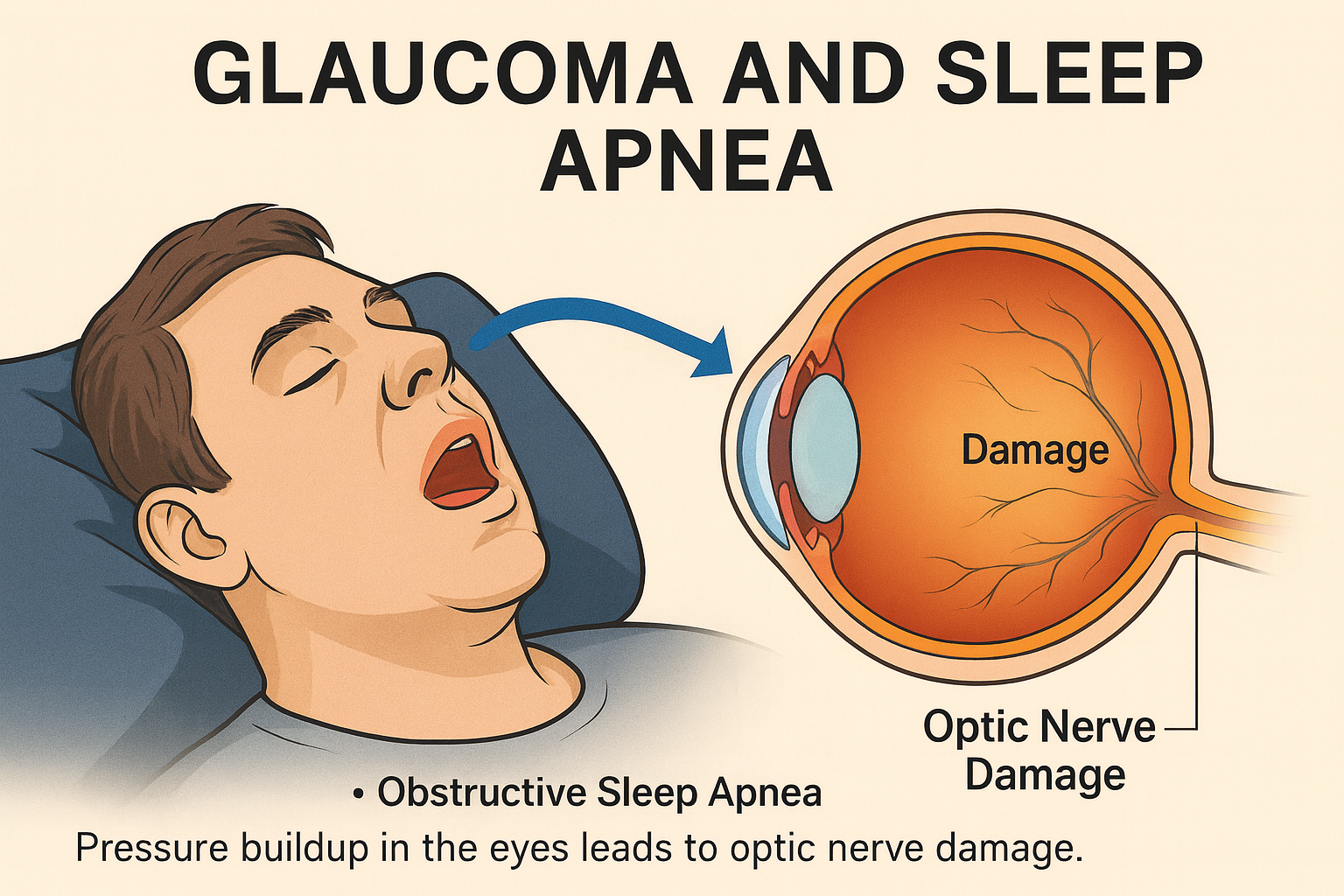
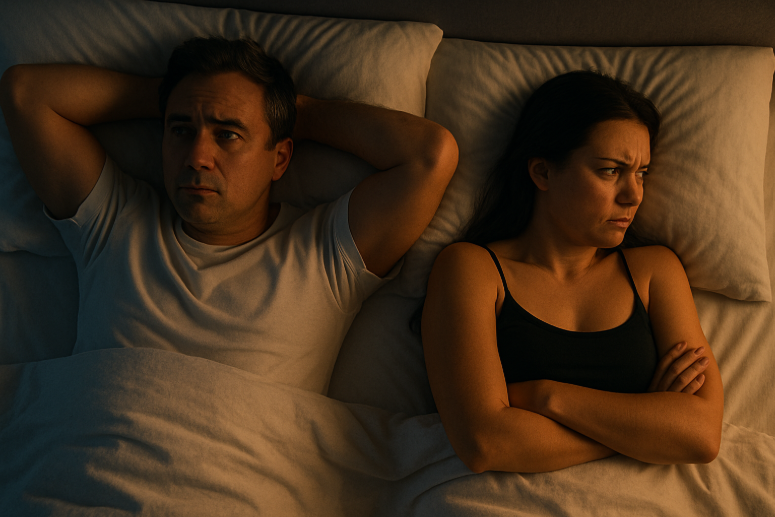
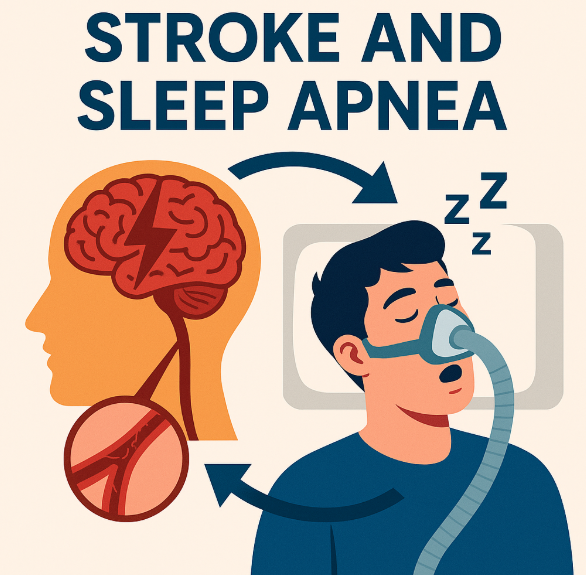
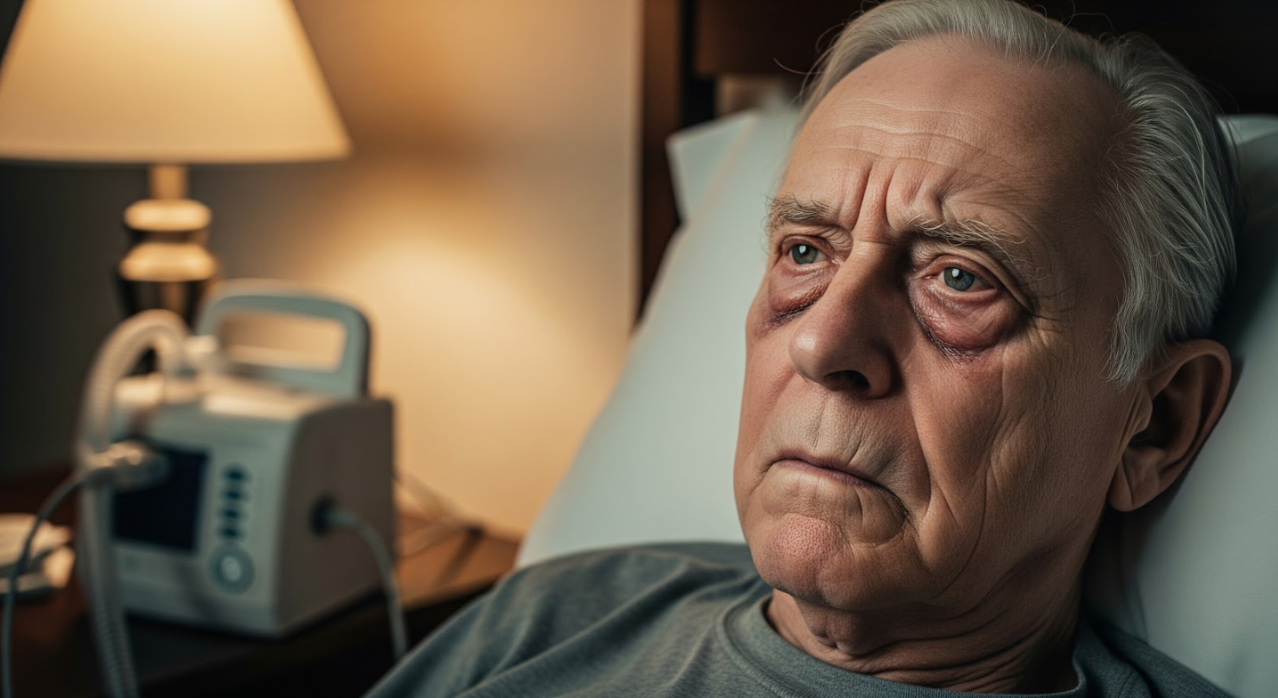































































%20thumbnail.jpg)
.png)